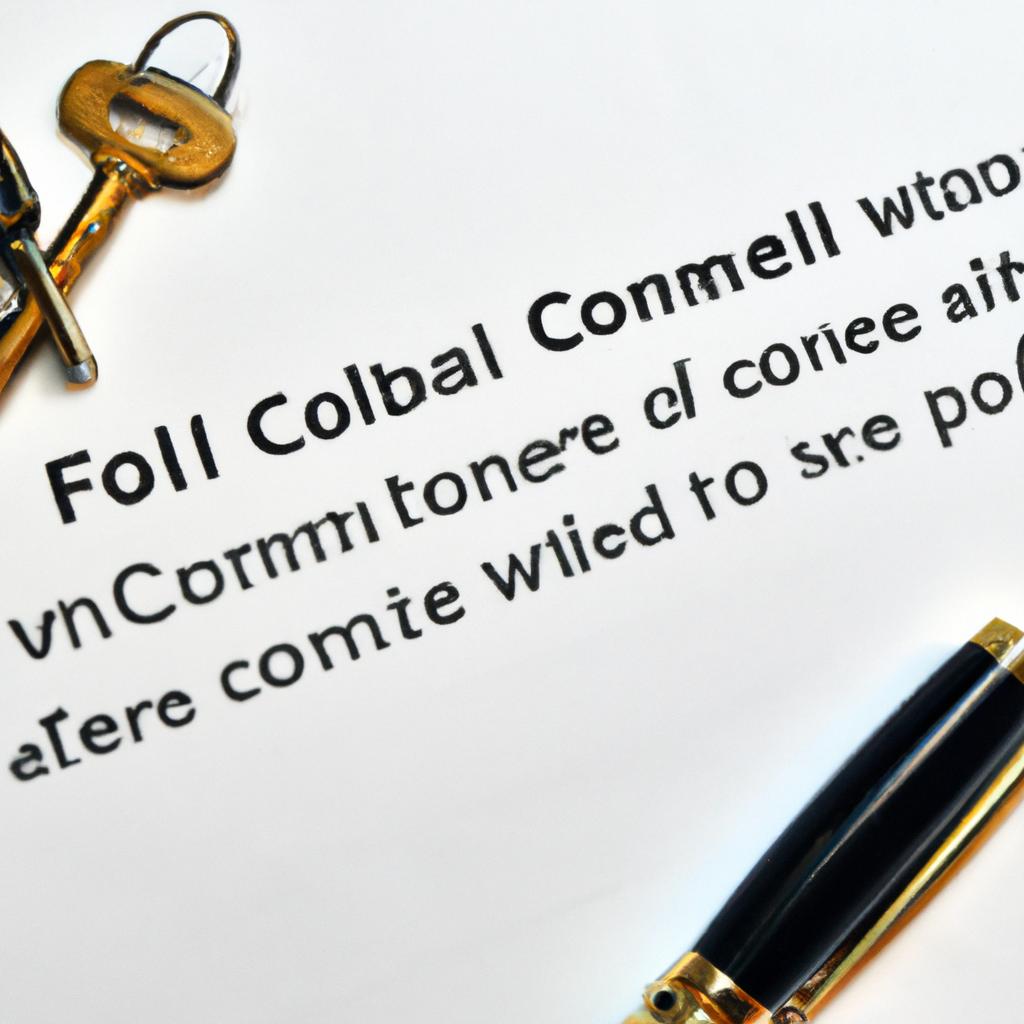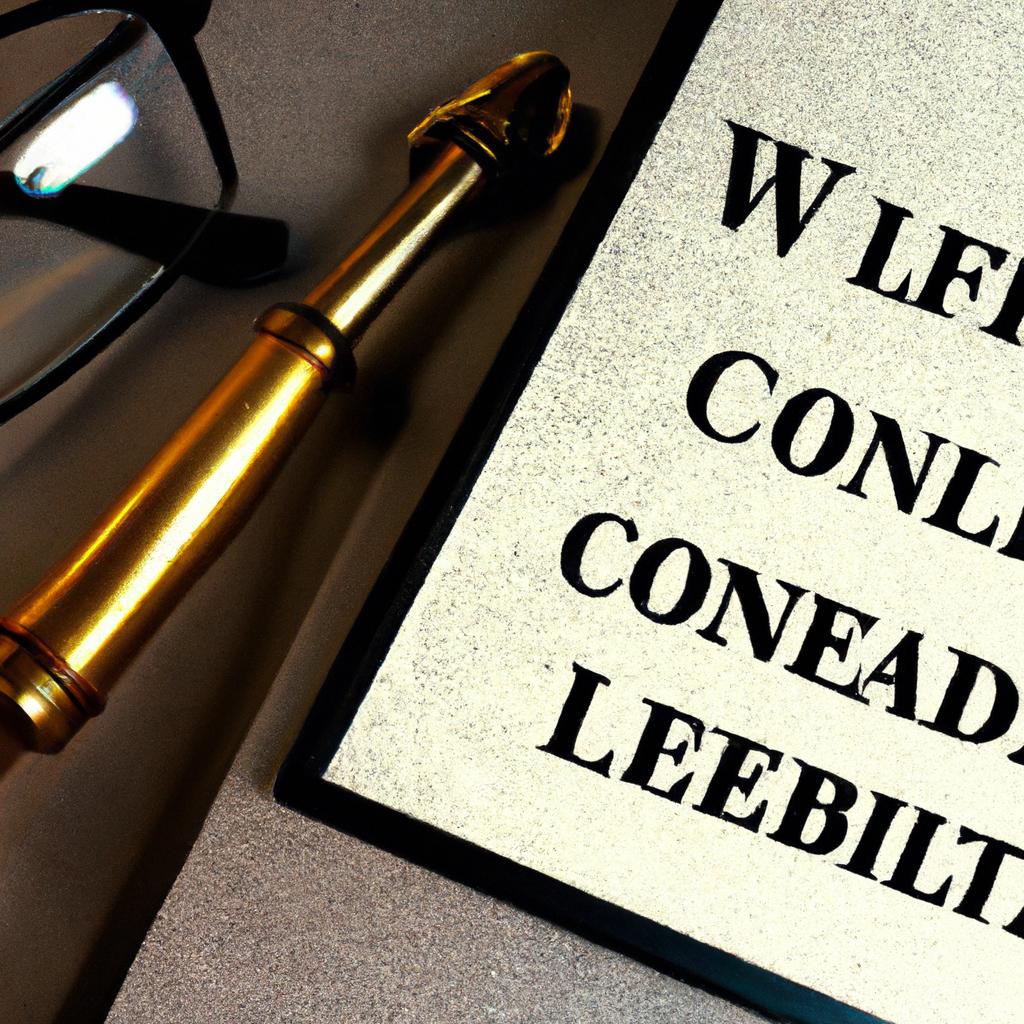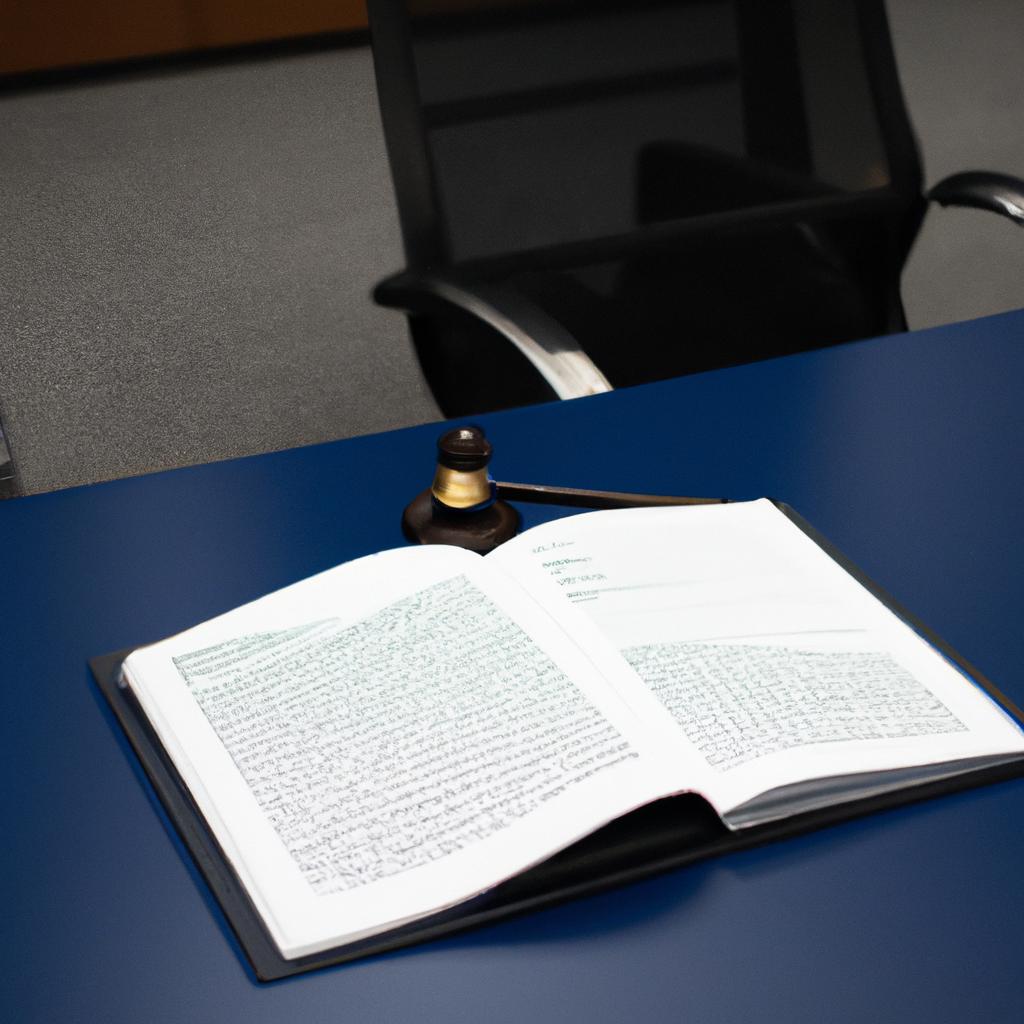As experienced lawyers in the field of estate planning, probate, elder law, Wills, and trusts, we often encounter questions regarding the legality and necessity of codicils to wills. In this article, we will delve into the intricacies of what a codicil to a will entails, its purpose, and when it may be appropriate to consider amending a will through this legal document. Join us as we unravel the complexities of codicils and explore how they can play a vital role in ensuring the intentions of a testator are accurately reflected in their estate plans. From our headquarters in New York City, the team at Morgan Legal Group is here to guide you through this essential aspect of estate planning.
Understanding the Purpose of a Codicil in Estate Planning
When it comes to estate planning, a codicil is a crucial legal document that allows individuals to make changes or additions to their will without having to completely rewrite the entire document. Essentially, a codicil is an amendment to an existing will that outlines specific modifications or updates to be made. This can include changes to beneficiaries, distribution of assets, or even appointing new executors or guardians. By utilizing a codicil, individuals can ensure that their will accurately reflects their current wishes and circumstances.
It is important to note that a codicil must meet specific legal requirements in order to be valid and enforceable. This includes being in writing, signed by the testator (the individual creating the will), and witnessed by at least two competent individuals. Additionally, a codicil should clearly reference the original will it pertains to, to avoid any confusion or discrepancies in the future. By understanding the purpose and proper execution of a codicil in estate planning, individuals can effectively update their will to reflect their current wishes and protect their assets for future generations.

Key Considerations Before Making Amendments to a Will through a Codicil
When considering making amendments to a will, one option to explore is executing a codicil. A codicil is a legal document that allows you to make minor changes to your existing will without having to rewrite the entire document. It is important to carefully consider the implications of utilizing a codicil and ensure that the changes you wish to make align with your overall estate planning goals.
Before proceeding with a codicil, there are key considerations to keep in mind:
- Consult with an Estate Planning Attorney: Seek the guidance of an experienced attorney to ensure that your codicil is drafted correctly and in accordance with state laws.
- Review the Existing Will: Thoroughly review your current will to determine if the changes you want to make can be addressed through a codicil.
- Ensure Clarity: Clearly state the changes you wish to make in the codicil to avoid any confusion or misinterpretation.
- Sign and Witness Requirements: Follow the proper signing and witness requirements to ensure the codicil is legally valid.

Best Practices for Drafting and Executing a Codicil for a Will
When it comes to making changes to your will, a codicil can be a useful tool. A codicil is a legal document that allows you to make small changes to your existing will without having to completely rewrite it. By following best practices for drafting and executing a codicil, you can ensure that your wishes are clearly communicated and legally binding.
Some best practices to keep in mind when drafting and executing a codicil for a will include:
- Consulting with an attorney: It is always best to seek the advice of an experienced estate planning attorney to ensure that your codicil is legally valid and will be upheld in court.
- Clearly stating your intentions: When drafting a codicil, be sure to clearly articulate the changes you wish to make to your will to avoid any confusion or disputes among your beneficiaries.
- Signing and dating the codicil: In order for a codicil to be legally binding, it must be signed and dated in the presence of witnesses according to state laws.

The Benefits of Seeking Legal Counsel for Creating a Codicil to a Will
When it comes to creating a codicil to a will, seeking legal counsel can provide numerous benefits that can help ensure that your wishes are carried out in the manner you intended. One of the main advantages of consulting with a legal professional is the expertise and guidance they can provide throughout the process. Lawyers specialized in estate planning, like those at Morgan Legal Group, have the knowledge and experience to help you navigate the complex legal requirements and formalities involved in creating a codicil.
Furthermore, legal counsel can help you avoid potential pitfalls and mistakes that could arise when attempting to amend a will on your own. By working with a lawyer, you can ensure that your codicil is drafted correctly, complies with all legal requirements, and accurately reflects your intentions. Ultimately, seeking legal advice can provide you with peace of mind knowing that your estate planning documents are legally sound and will be upheld in the event of your passing.
Q&A
Q: What is a codicil to a will?
A: A codicil to a will is a legal document that is used to make amendments or additions to an existing will.
Q: Why would someone need to create a codicil to their will?
A: There are many reasons why someone may need to create a codicil to their will, such as changes in their family situation, financial circumstances, or wishes for how their assets should be distributed.
Q: How is a codicil different from creating a new will?
A: A codicil is a supplement to an existing will, while creating a new will involves completely replacing the old will with a new one.
Q: Are there any specific requirements for creating a codicil?
A: Yes, in order for a codicil to be legally valid, it must be signed and witnessed in the same way as a will.
Q: Can a codicil be revoked or amended?
A: Yes, a codicil can be revoked or amended at any time by creating another codicil or by creating a new will that explicitly revokes the previous codicil.
Q: How should someone go about creating a codicil to their will?
A: It is recommended to seek the advice of a legal professional when creating a codicil to ensure that it is properly executed and legally valid.
The Way Forward
In conclusion, a codicil to a will is a valuable tool that allows individuals to make amendments or additions to their existing will without the need to completely rewrite the document. It provides flexibility and ensures that one’s final wishes are accurately reflected. Whether it’s a change in beneficiaries, assets, or any other important details, a codicil can help ensure that your legacy is preserved. Don’t hesitate to consult with legal professionals to ensure that your codicil is properly executed and will be legally binding. Your final wishes deserve to be honored and a codicil can help make that a reality.

